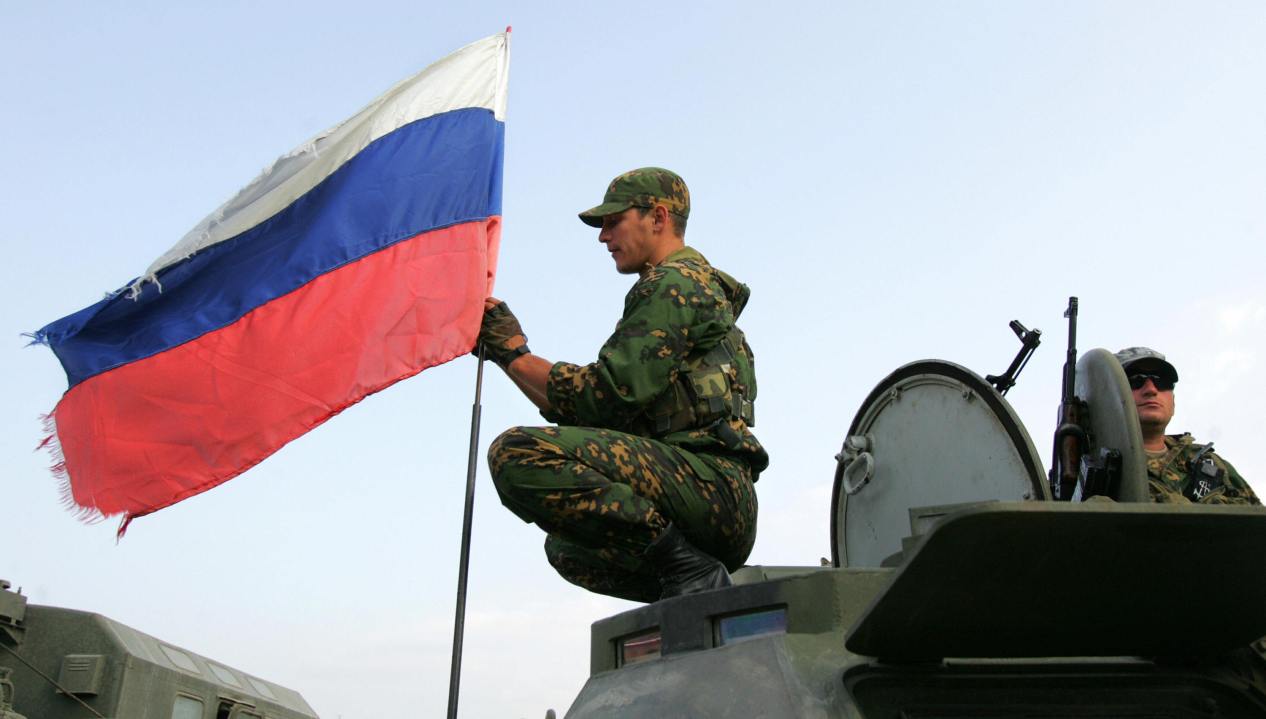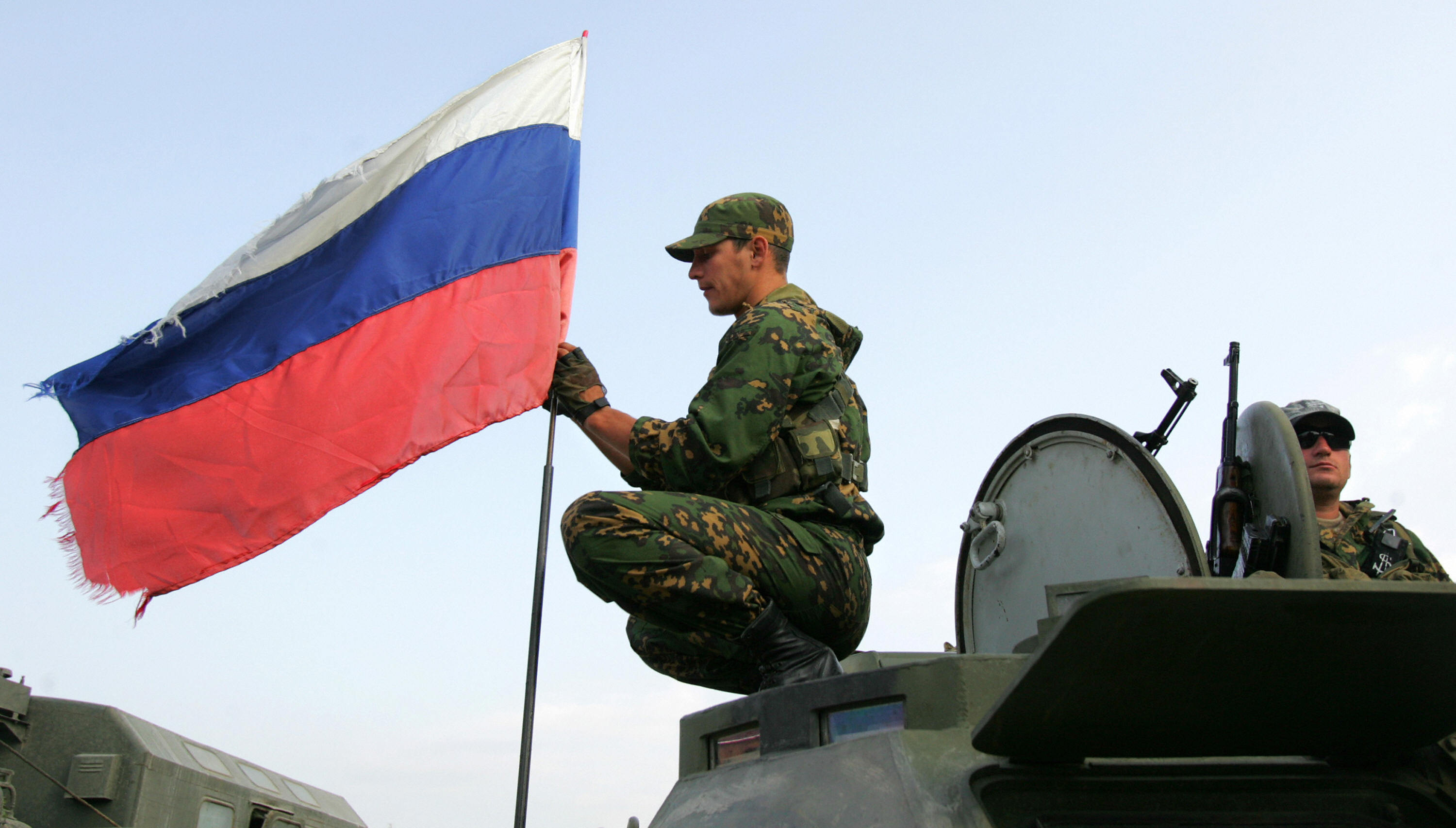 A few days after the EU summit to discuss Russia’s aggression in Georgia, debate across Europe is dividing into two camps. Not between those who back Russia and those who are baying for conflict, although this dividing line exists and is well-reported. The real division is over the meaning of the war for the future of European politics – and it’s likely to be even more aggressively contested.
A few days after the EU summit to discuss Russia’s aggression in Georgia, debate across Europe is dividing into two camps. Not between those who back Russia and those who are baying for conflict, although this dividing line exists and is well-reported. The real division is over the meaning of the war for the future of European politics – and it’s likely to be even more aggressively contested.
On the on hand, there are those who believe that this summer’s crisis is a political earthquake, signifying – finally – the end of the 1990s and many of the tenets upon which Europe built its post-Cold War world: continued (if slow) enlargement of the bloc; a free hand in assisting the countries in the EU’s broader neighbourhood; and the gradual promotion of a rules-based, post-modern way of European politics. This “school” also worries about the role that Germany has played, seeing in Berlin’s pro-Russian views a move away from its usual pro-EU instincts.
Others, however, think that this rendition is overblown. Sure, Russia has now come out as an old-style, Tsarist power whose conversion to a post-modern order governed by rules, and treaties was skin-deep. But the EU is no club of Bambis and has always favoured both soft and hard power. World affairs, this “school” holds, also function like a kaleidoscope; rotations happen and it takes time for the crystals to align, but once they have, much of the picture remains the same. So Germany may favour peace with Russia, and is willing to work either bilaterally or through the EU – but this is nothing new.
Foreign policy wonks will now spend the next half-a-year debating this issue to and fro, working themselves into an even bigger frenzy than EU leaders have. It is easy to dismiss this debate altogether. But these jousts have a way of laying the intellectual foundation for future policies. If the dominant narrative becomes “this is the Balkans all over again”, then expect reforms in the future, much like how the EU’s inaction over the Bosnian genocide saw renewed impetus for ESDP.







Comments